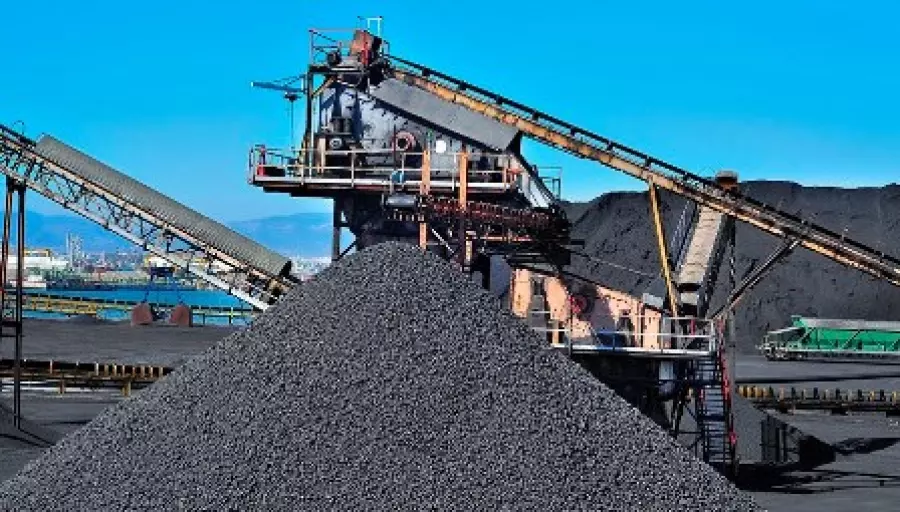According to data from the United Nations Research Institute for Social Development, shared by Sasol, Mozambique is one of the countries that least returns the money from the extraction of mineral resources to the communities hosting the projects. According to the comparative analysis carried out by the United Nations organization, the Mozambican state concentrates 90% of the revenue from the extractive industry in central bodies, with only 7.25% going to the province of origin and 2.75% to the host communities.
Compared to other countries, Mozambique’s policy of decentralizing revenues from the extractive industry is below that implemented in Brazil, Peru, Bolivia, Indonesia and Nigeria. For example, in Brazil, the state returns 66% of revenues to the areas where the resources originate, while in Peru 55% of revenues are returned. Bolivia returns 41%, surpassing Indonesia which returns 15% and Nigeria which returns 13% of the revenues generated by oil exploitation.
In the comparison shared by the South African multinational, Mozambique matches Colombia’s policy of returning money from the extractive industry (10%) and only surpasses Ghana (7%), Papua New Guinea (5%) and Ecuador (2%).
As well as being one of the countries that gives the least amount of money back to host communities, Mozambique is one of the countries that calculates the amount to be given back based only on revenue from production tax, ignoring other taxes levied in this industry, such as VAT, IRPC and IRPS.
According to the United Nations Research Institute for Social Development, Brazil and Peru calculate the amount to be returned to communities based on production tax revenues and their participation. Nigeria, Mexico, Ecuador and Indonesia calculate it based on all the sector’s taxes.
The analysis also points out that the Mozambican government does not include revenue generated from taxes paid in kind by Sasol (through natural gas), and that the country is one of those that charges the lowest percentage of production tax (6%). Colombia, for example, charges between 20% and 25%, while Ghana charges 10%.
In 2022, the government transferred a total of 44.7 million meticais to 22 communities affected by the extractive industry across the country, compared to 73.9 million meticais transferred in 2021. The communities of Pande (Govuro) and Temane (Inhassoro), in Inhambane province, where Sasol operates, each received 6.2 million meticais.




